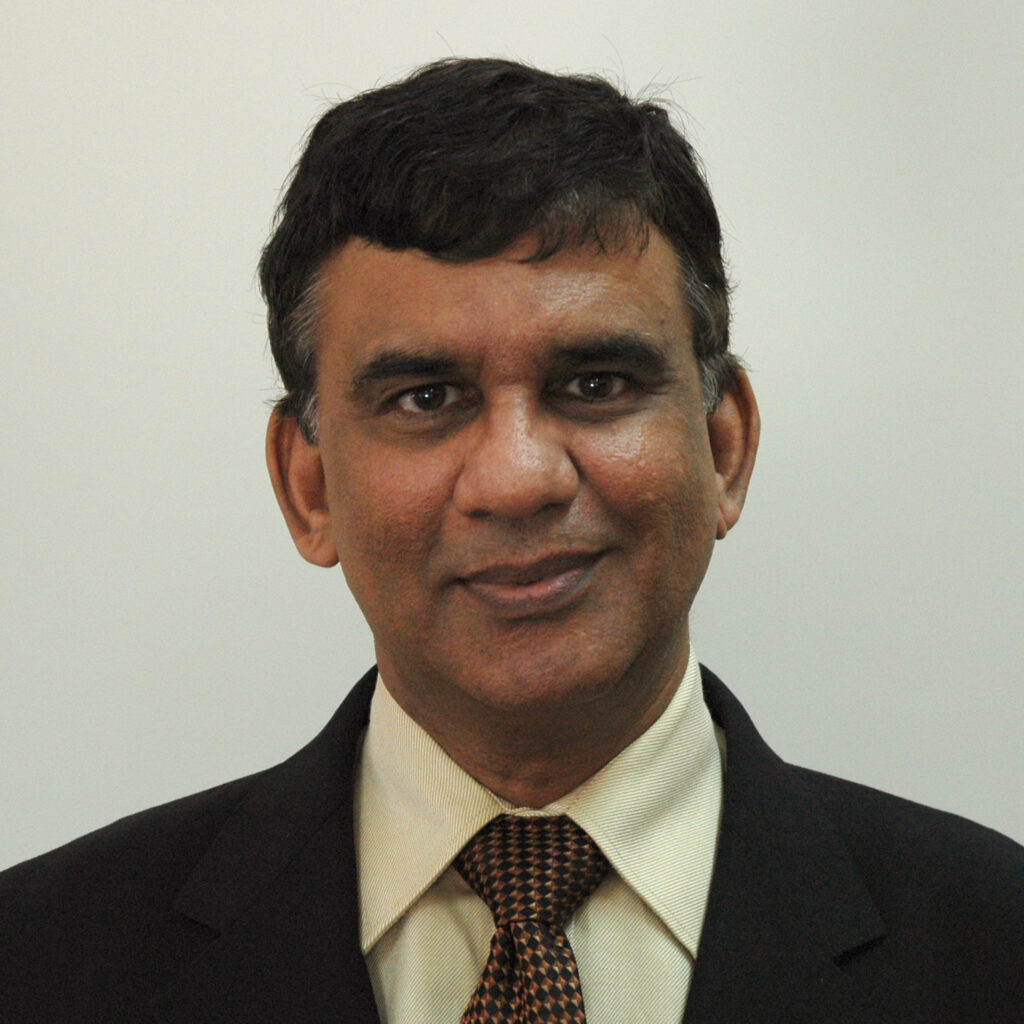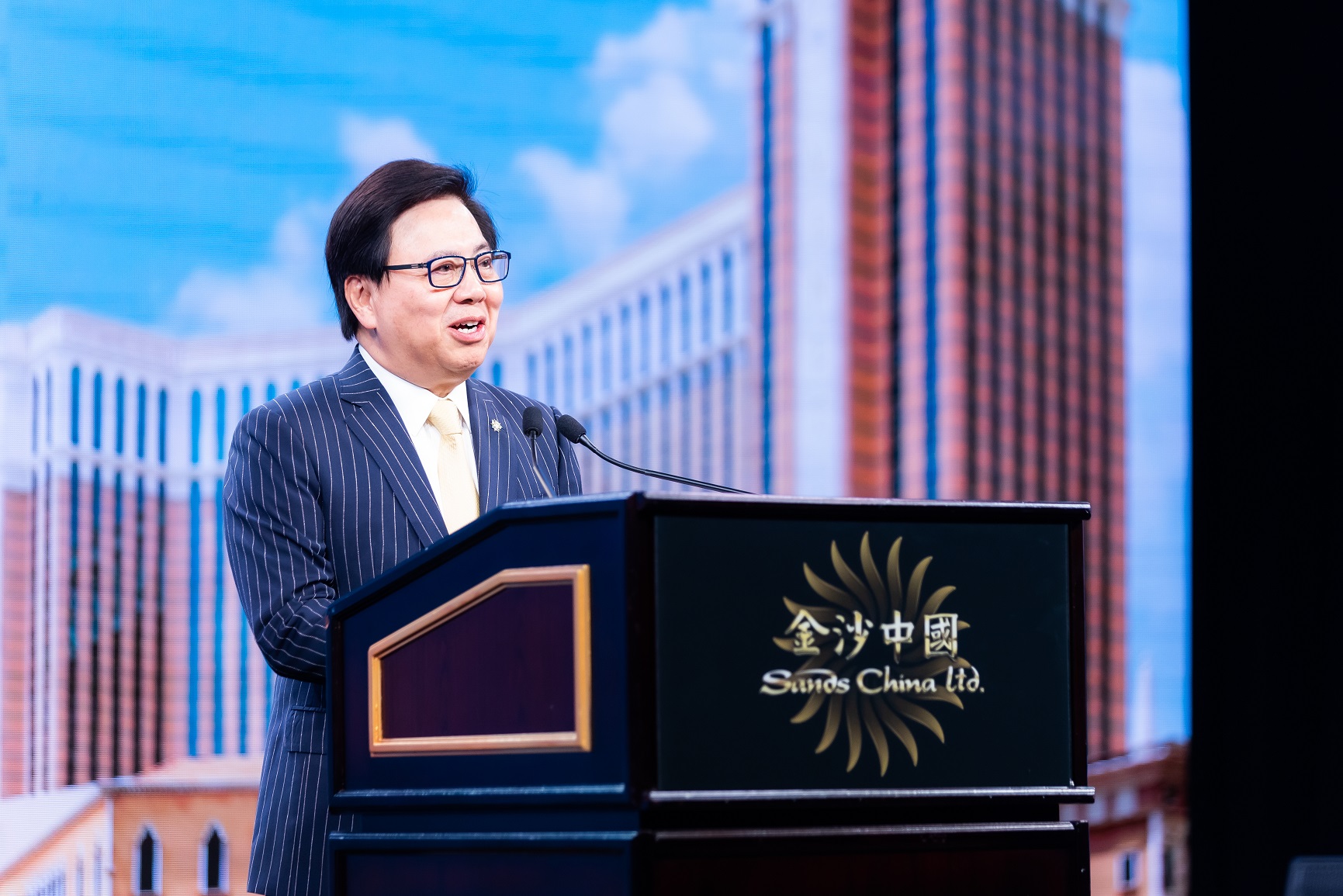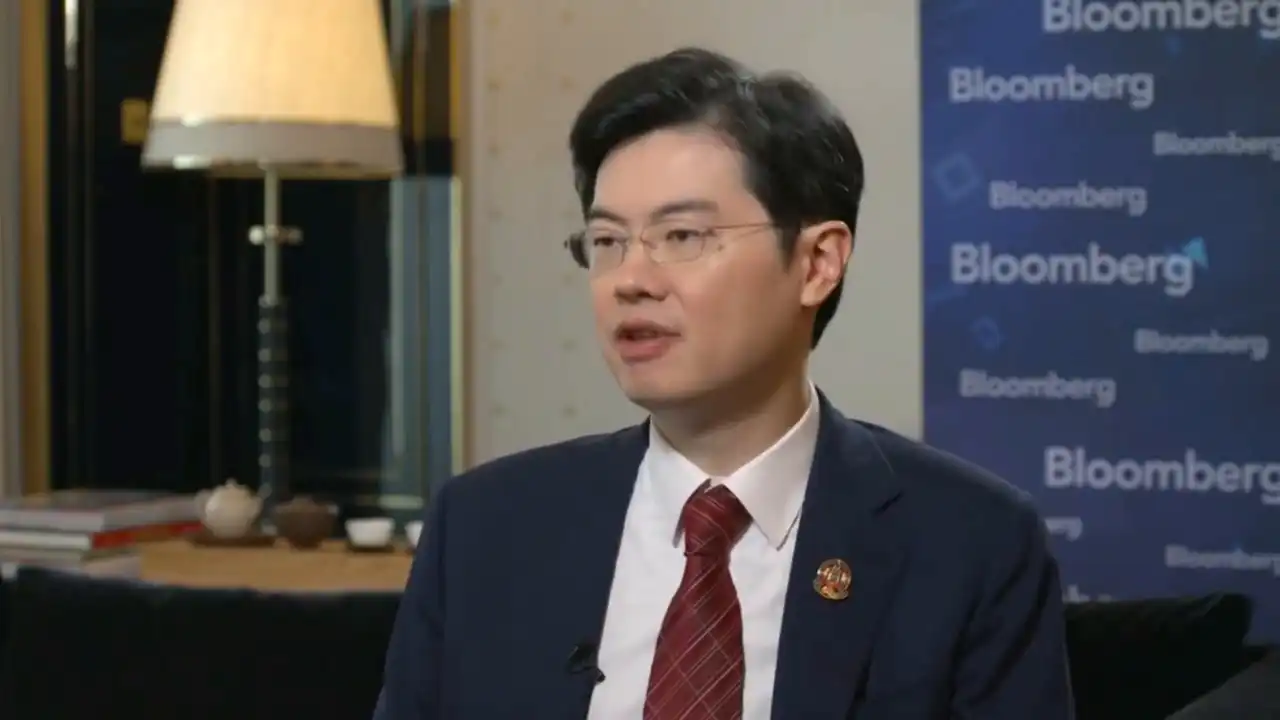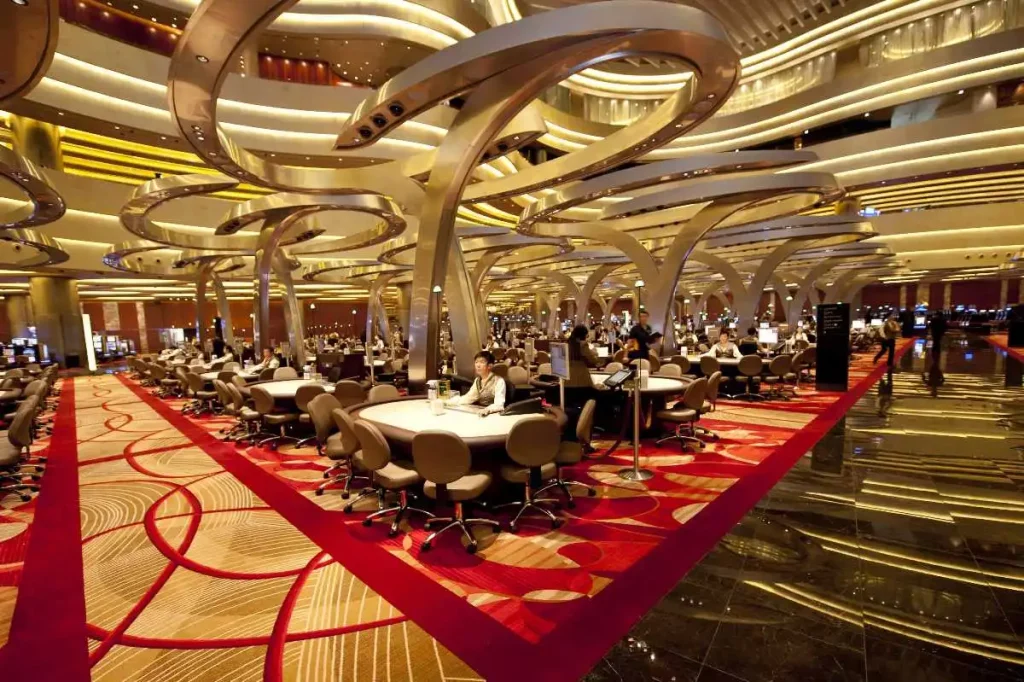Grant Chum will be a more “hands on” CEO and President at Sands China than the previous management, with his main focus to be in “cost-cutting” and “customer retention”, gaming consultant Sudhir Kalé tells AGB.

Last week, Sands China announced a series of changes to its leadership, with Grant Chum assuming the role of CEO of the company, as Robert Goldstein steps back from the role.
Chum will also assume the role of President of Sands China, as Wilfred Wong was promoted to Executive Vice Chairman.
Kalé, who previously worked for Sands China as an advisor, considered that during his time at Sands China, Wilfred Wong “wasn’t deeply involved in the company’s operations, lacking the necessary expertise” in the industry.
A former Hong Kong civil servant and ex-deputy to the National People’s Congress (NPC) in Beijing, Wong was first appointed Sands China’s president and chief operating officer (COO) in November 2015.
“His role seemed more symbolic, representing the Chinese Communist Party. His focus was primarily on external relations for Sands China, rather than hands-on involvement in the casino industry,” Kalé added.
“Grant appears to be more actively engaged in managing the company”



In contrast, the consultant stated that Chum appears to “have broader responsibilities,” and as responsible for overseeing both Singapore and Macau as the executive vice president for Asia, will devise a strategy that contemplates both market’s as a whole.
Chum served as Sands China’s COO since February of 2020, having held various other roles with the company and its parent – being an Executive Vice President – Asia Operations at LVS.
“It seems plausible that this could be a first step toward such a role,” Kalé points out.
Cost reductions and service improvements
For Kalé looking ahead, two factors will shape Sands China’s trajectory in Macau, firstly, maintaining a focus on cost-cutting – “which proved effective during the COVID era, resulting in a notable reduction in casino employment in Macau, including at Sands China” – and secondly in emphasizing customer retention through superior experiences compared to competitors.
Sands China’s total number of employees in 2022 was 24,000, a 4.42 percent decline from 2021. At the same time the group’s operating expenses were $2.46 billion in the first half of 2023 an increase of 65.3 percent, compared to $1.49 billion for the same period of the previous year.
“Initially, properties themselves were a major draw, as Venetian was once the most visited tourist attraction in Macau. While there have been improvements, such as with the Londoner, sustained success depends on delivering exceptional customer service, an area where Grant’s leadership could prove beneficial,” he pointed out.
“We saw big improvement in terms of the Londoner, but then again, once that is completed, that might last one or two years. Initially, people will go there. But in terms of the physical property orwhat we call the service scheme, [Macau’s] properties are more or less identical. I think, of course, you get better customer service at Wynn than you do at Sands China or at MGM, and moving forward, I think that is something that needs to be paid attention to.”
The management reshuffle comes as Las Vegas Sands announced strong results for the fourth quarter of 2023, reporting nearly $1.2 billion in adjusted property EBITDA and net revenue of $2.91 billion, amongst the continued rise of its Macau and Singapore operations.
According to Kalé, the group’s fourth-quarter results “exceeded expectations” particularly in the “grind segment” or mass market, which surpassed 2019 pre-pandemic levels.
“VIP numbers are also on the rise. Regarding premium mass, we’re experiencing growth, and the only decline is in the junkets, which are tied to the VIP segment, accounting for a decrease of around 27 percent,” he told AGB.

For the GamePlan Consultants founder, the results underscore the importance of segments like mass and premium mass, despite the industry’s increasing emphasis on non-gaming investments mandated by the government.
Collectively the six concession holders will be investing MOP118.86 billion ($14.7 billion) over the ten-year licenses, with non-gaming spend totaling MOP108.32 billion ($13.4 billion), with Sands itself pledging MOP27.8 billion ($3.4 billion) going for non-gaming.
“While these investments may not always align with business sense, they’re necessary due to regulatory requirements. But that applies to all operators publicly. They may talk a lot about the non-gaming, and yes they have to make investments in non-gaming because the government insisted that they do. And some of the investments, like marine tourism and all that, make absolutely no sense.”
Still, the consultant remembered that past course directions and market predictions failed to materialise, citing as an example, slot machines.
“Despite predictions in the past about the rise of slots, they remain a small percentage of overall revenue, highlighting the enduring importance of table games,” he added.







